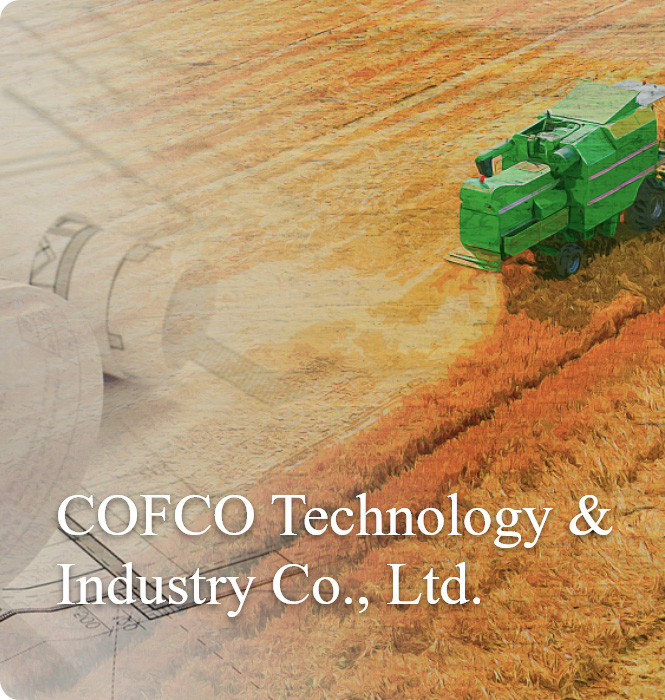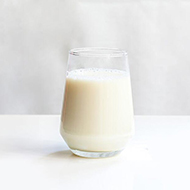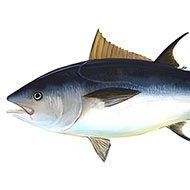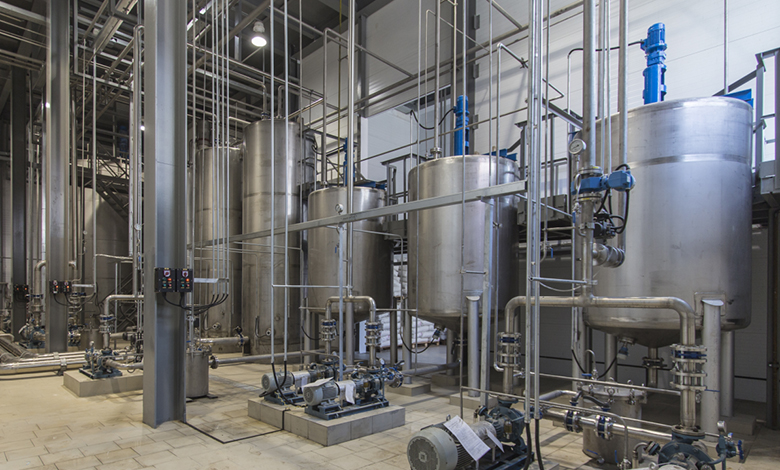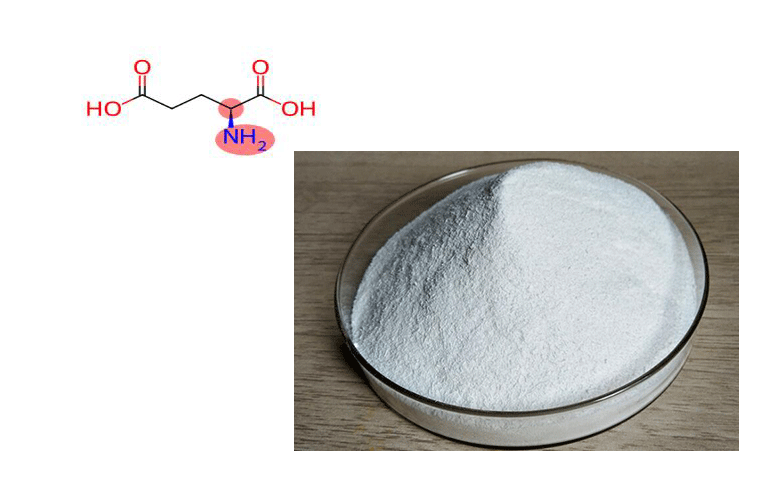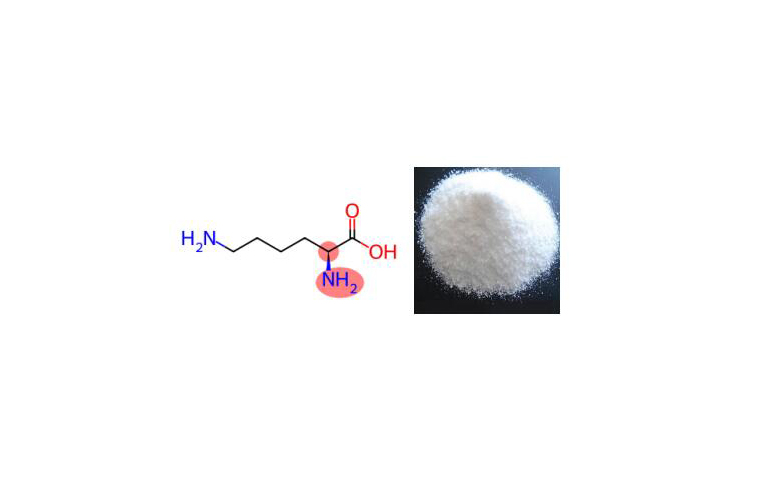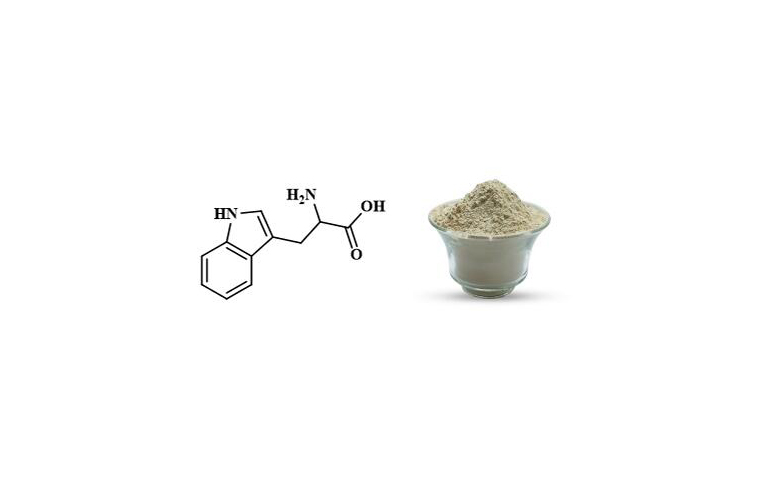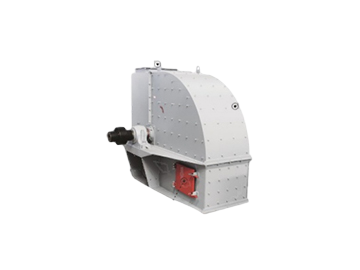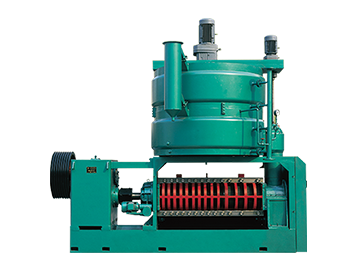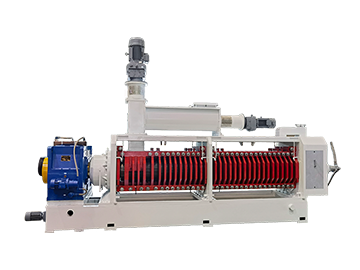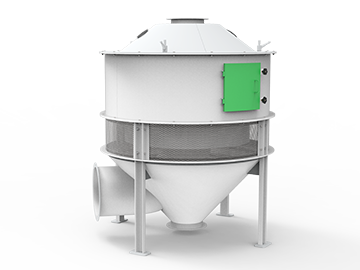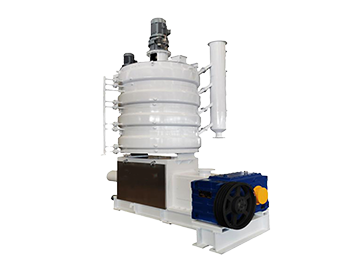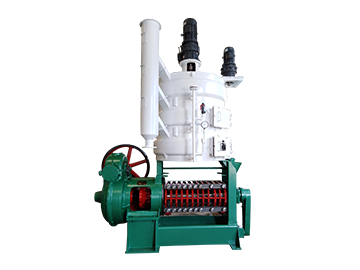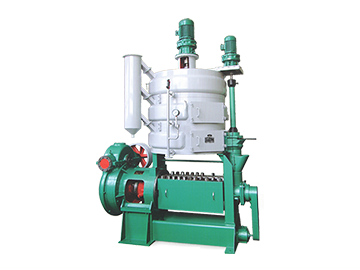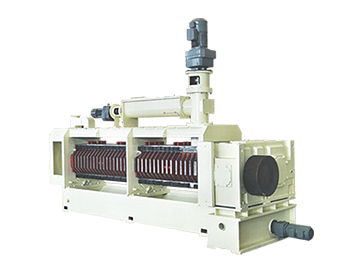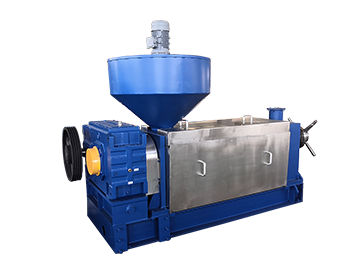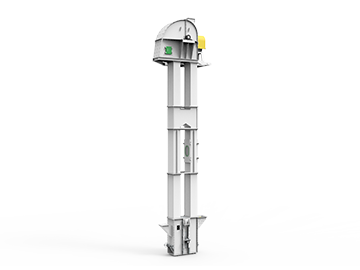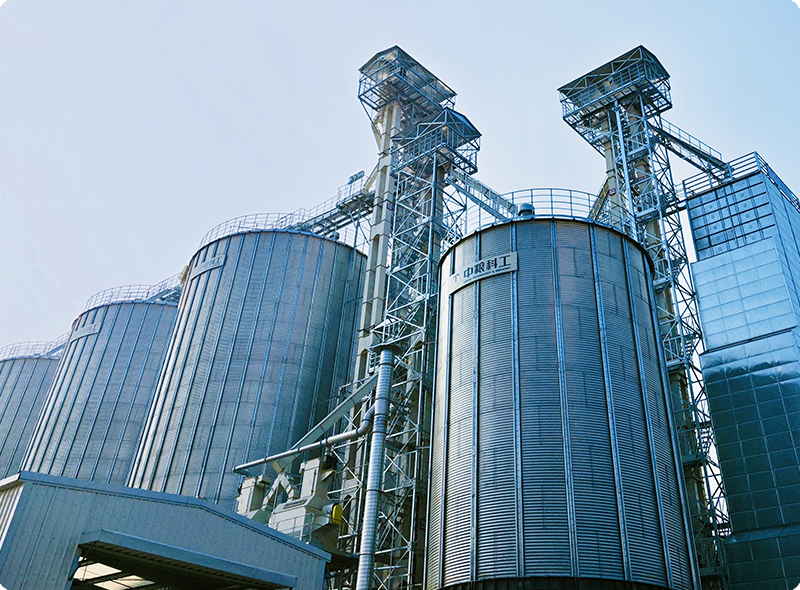Introduction of Threonine Solution
Threonine is an essential amino acid that the human body cannot synthesize on its own. It is the third most limiting amino acid in poultry feed, following L-lysine and L-methionine. Threonine is also an important component of protein synthesis and plays a significant role in delaying aging, enhancing immunity, increasing resistance, and preventing diseases. Threonine can be produced through microbial fermentation using glucose derived from the saccharification of starch milk, which is produced from grains such as corn, wheat, and rice.
We provide a full range of engineering services, including project preparatory work, overall design, equipment supply, electrical automation, installation guidance and commissioning.
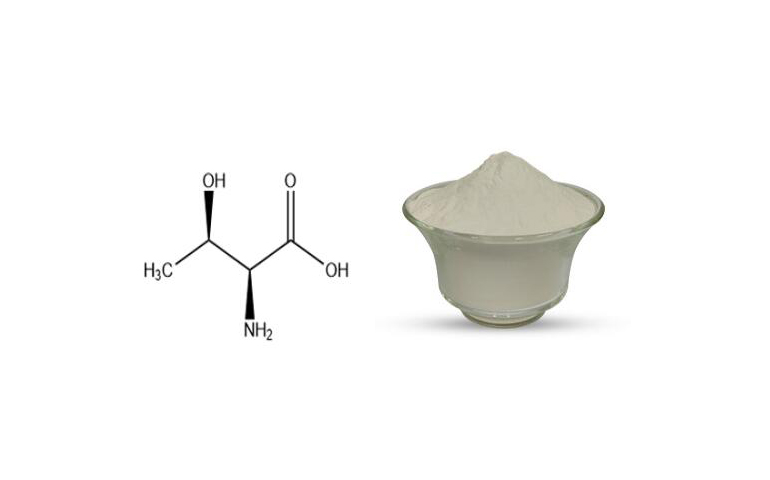
Threonine Production Process
Starch
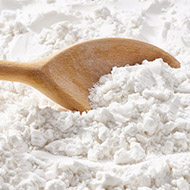
Threonine
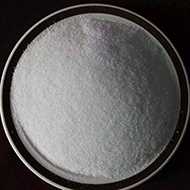
Application Fields of Threonine
Feed Industry
Threonine is often added to feed primarily composed of grains such as wheat and barley to promote the growth of poultry and enhance immune function. It can be widely used in piglet feed, boar feed, broiler feed, shrimp feed, and eel feed, which helps to adjust the amino acid balance in feed, promote growth, improve meat quality, improve the nutritional value of feed ingredients with low amino acid digestibility, and produce low-protein feed.
Food Industry
Threonine, when heated with glucose, easily generates caramel and chocolate flavors, which have a flavor-enhancing effect. Threonine is widely used as a nutritional supplement, can be used to enhance protein nutrition, improve the taste and quality of food, as well as in formulated foods for special populations, such as infant formula, low-protein foods, etc.
Pharmaceutical Industry
Threonine is used for the preparation of amino acid infusions and comprehensive amino acid formulations. Adding an appropriate amount of threonine in food can eliminate the decrease in body weight gain caused by an excess of lysine, and reduce the protein/DNA, RNA/DNA ratios in liver and muscle tissues. Adding threonine can also alleviate the growth inhibition caused by an excess of tryptophan or methionine.
Threonine is often added to feed primarily composed of grains such as wheat and barley to promote the growth of poultry and enhance immune function. It can be widely used in piglet feed, boar feed, broiler feed, shrimp feed, and eel feed, which helps to adjust the amino acid balance in feed, promote growth, improve meat quality, improve the nutritional value of feed ingredients with low amino acid digestibility, and produce low-protein feed.
Food Industry
Threonine, when heated with glucose, easily generates caramel and chocolate flavors, which have a flavor-enhancing effect. Threonine is widely used as a nutritional supplement, can be used to enhance protein nutrition, improve the taste and quality of food, as well as in formulated foods for special populations, such as infant formula, low-protein foods, etc.
Pharmaceutical Industry
Threonine is used for the preparation of amino acid infusions and comprehensive amino acid formulations. Adding an appropriate amount of threonine in food can eliminate the decrease in body weight gain caused by an excess of lysine, and reduce the protein/DNA, RNA/DNA ratios in liver and muscle tissues. Adding threonine can also alleviate the growth inhibition caused by an excess of tryptophan or methionine.
Lysine Production Projects
You Might Also Be Interested In
Related Products
You Are Welcome To Consult Our Solutions, We Will Communicate With You In Time And Provide
Professional Solutions
Full Lifecycle Service
We provide customers with full life cycle engineering services such as consulting, engineering design, equipment supply, engineering operation management, and post renovation services.
We're Here to Help.
Frequently Asked Questions
-
CIP Cleaning System+CIP cleaning system device is a non-decomposable production equipment and a simple and safe automatic cleaning system. It is used in almost all food, beverage and pharmaceutical factories.
-
A Guide to Pressed and Extracted Oils+There are significant differences between the pressed oil and extracted oil in terms of processing techniques, nutritional content, and raw material requirements.
-
Scope of Technical Service for Grain-based Biochemical Solution+At the core of our operations are internationally advanced strains, processes, and production technologies.
Inquiry
